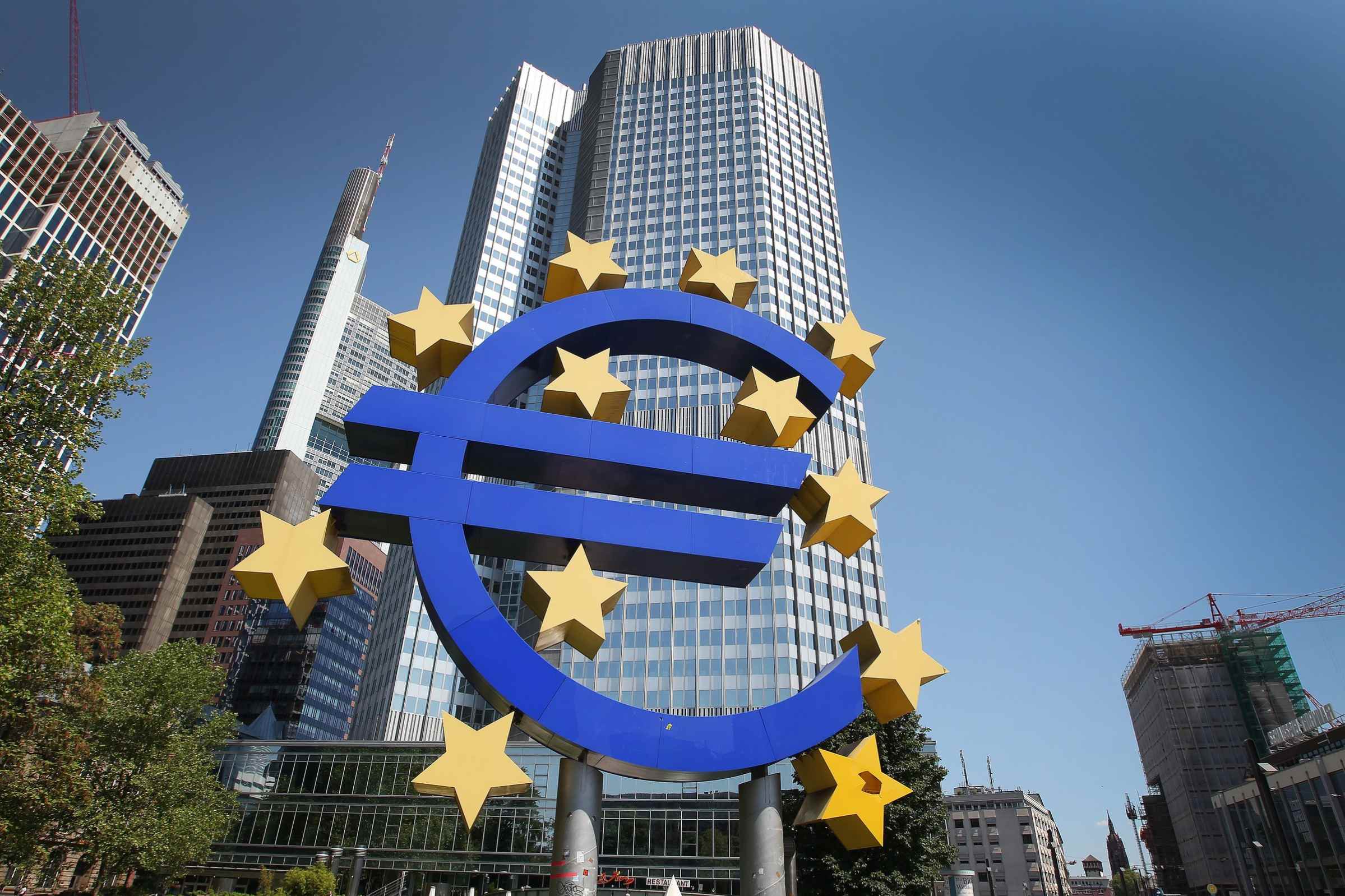
The European Central Bank stands at a critical crossroads in the shifting global economy. At present, there are signs that the European Central Bank can not completely stop tightening policy, which contains complex economic conditions and difficult decision-making considerations.
The European Central Bank has always been responsible for maintaining economic stability and monetary stability in the eurozone. In the past period of time, in response to inflationary pressures, the European Central Bank has adopted a series of tightening policy measures. Today, however, despite all the changes in the economic landscape, the ECB cannot easily stop the pace of tightening.
On the one hand, inflationary pressures remain a key factor that the ECB cannot ignore. Despite forecasts that core inflation in the eurozone will fall from 5.5 per cent to 5.3 per cent, that would still be well above the ECB's target rate. Sustained high inflation will not only erode the purchasing power of residents, affect the stability of the consumer market, but also may lead to a series of economic instability factors. High inflation distorts price signals, distorts resource allocation, and reduces economic efficiency. At the same time, high inflation will also have a negative impact on the investment decisions of enterprises, increasing the operating costs and uncertainties of enterprises. In order to contain the further spread of inflation, the ECB has to carefully consider continuing to maintain a certain degree of tightening policy to ensure that inflation can gradually return to reasonable levels.
On the other hand, the behavior of real interest rates also suggests that the ECB cannot stop tightening policy completely. The real interest rate is one of the important indicators to measure the state of the economy, which reflects the real cost of money and the return on investment. The current level of real interest rates suggests that the ECB has not yet reached a point where it can relax completely in the fight against inflation. If tightening policy is stopped too soon, it could lead to too low real interest rates, which could stimulate excessive investment and consumption, further driving up inflationary pressures. In addition, too low real interest rates can also trigger asset bubbles and destabilize financial markets. The ECB needs to find a balance between maintaining economic growth and controlling inflation, and changes in real interest rates are one of the important references for its decisions.
From the perspective of economic fundamentals, the economic situation of the eurozone is not optimistic. The eurozone manufacturing PMI was just 43.7 and Germany was as low as 39.1, indicating a contraction in manufacturing activity. Activity in the service sector has also declined, putting greater pressure on economic growth. However, the ECB cannot ignore the long-term effects of inflation on the economy while considering economic growth. If monetary policy is loosened excessively in order to stimulate economic growth, it may cause inflation to rise again, bringing greater hidden dangers to future economic development. Therefore, the ECB needs to take various factors into account and carefully weigh the advantages and disadvantages when making policy.
In addition, the uncertainty of the global economic situation also poses a challenge to the ECB's decision-making. Factors such as international trade frictions, geopolitical tensions, and volatility in global financial markets could all have an impact on the eurozone economy. In this context, the ECB needs to maintain policy flexibility and foresight to respond to a variety of possible scenarios. A premature halt to tightening could leave the ECB without effective means to respond to external shocks.
Continued austerity is not without risks, however. Austerity policies could dampen economic growth, increase the debt burden of companies and households, and cause unemployment to rise. In addition, tightening policies could trigger instability in financial markets, affecting banks' availability of credit and companies' funding costs. The ECB needs to pay close attention to changes in economic data and adjust the direction of policy in a timely manner to avoid excessive tightening of the economy too much negative impact.
In summary, the inability of the ECB to completely stop tightening policy is an inevitable choice in the current complex economic situation. Despite the many challenges and risks, the ECB must find a balance between controlling inflation and maintaining economic stability. In future decisions, the ECB needs to pay close attention to factors such as inflation data, changes in real interest rates, economic fundamentals and the global economic situation, and flexibly adjust policy measures to achieve sustainable development of the euro area economy. At the same time, the government should also take corresponding fiscal policy measures, in coordination with the monetary policy of the European Central Bank, to jointly address the current economic challenges. Only in this way can the eurozone ride the tide of the global economy steadily and achieve stable economic growth and prosperity.

The South Korean political arena has once again been embroiled in a public controversy over a judicial investigation that has shaken the entire nation.
The South Korean political arena has once again been embroi…
On the morning of December 29th local time, the precious me…
According to the US media Barchart, recently, the fluctuati…
On December 29th, Mar-a-Lago in Florida, USA, witnessed a h…
SoftBank Group announced on Monday that it has agreed to ac…
Recently, the US State Department issued a visa ban, adding…